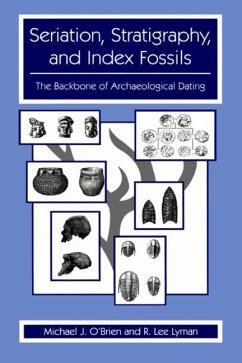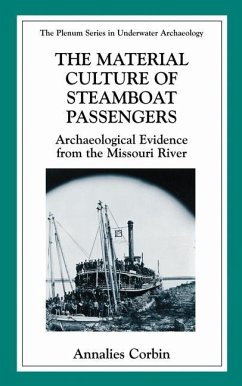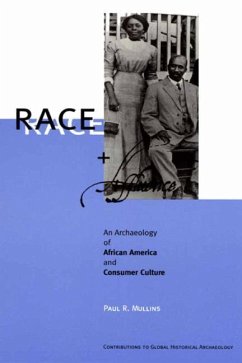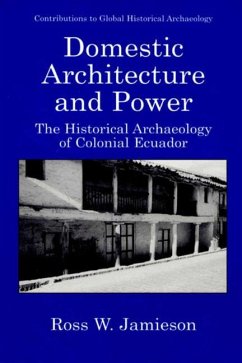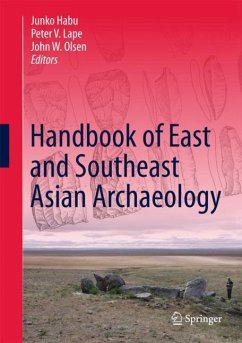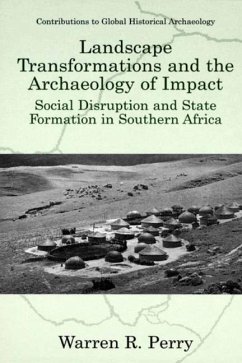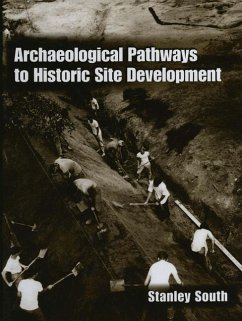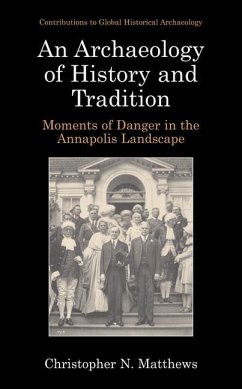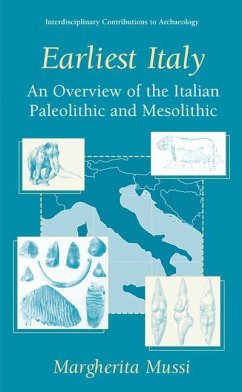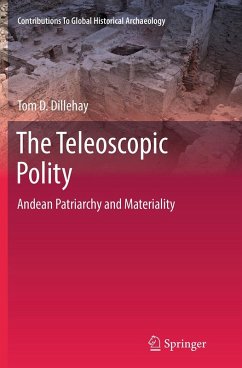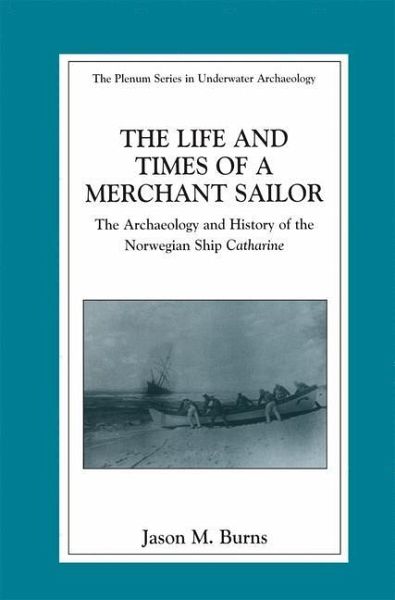
The Life and Times of a Merchant Sailor
The Archaeology and History of the Norwegian Ship Catharine
Versandkostenfrei!
Versandfertig in 6-10 Tagen
76,99 €
inkl. MwSt.
Weitere Ausgaben:

PAYBACK Punkte
38 °P sammeln!
Historical archaeologists are in a unique position to analyze both historical documents and archaeological data in order to generate hypotheses and draw conclusions. In this work, the data not only provided the history of the ship "Catharine" but also the economic, social and political environments in which the ship was built and employed.This work focuses not only on the shipwreck and the wrecking event, but on the history and archaeology of a single ship. With this expanded view, the research also delves into:_International shipbuilding; _The struggle for dominance in the ship trade in the 1...
Historical archaeologists are in a unique position to analyze both historical documents and archaeological data in order to generate hypotheses and draw conclusions. In this work, the data not only provided the history of the ship "Catharine" but also the economic, social and political environments in which the ship was built and employed.
This work focuses not only on the shipwreck and the wrecking event, but on the history and archaeology of a single ship. With this expanded view, the research also delves into:
_International shipbuilding;
_The struggle for dominance in the ship trade in the 19th century.
This book will be of interest to underwater, historical and cultural archaeologists, social historians, cultural heritage managers and archaeologists working in the southeastern United States.
This work focuses not only on the shipwreck and the wrecking event, but on the history and archaeology of a single ship. With this expanded view, the research also delves into:
_International shipbuilding;
_The struggle for dominance in the ship trade in the 19th century.
This book will be of interest to underwater, historical and cultural archaeologists, social historians, cultural heritage managers and archaeologists working in the southeastern United States.





